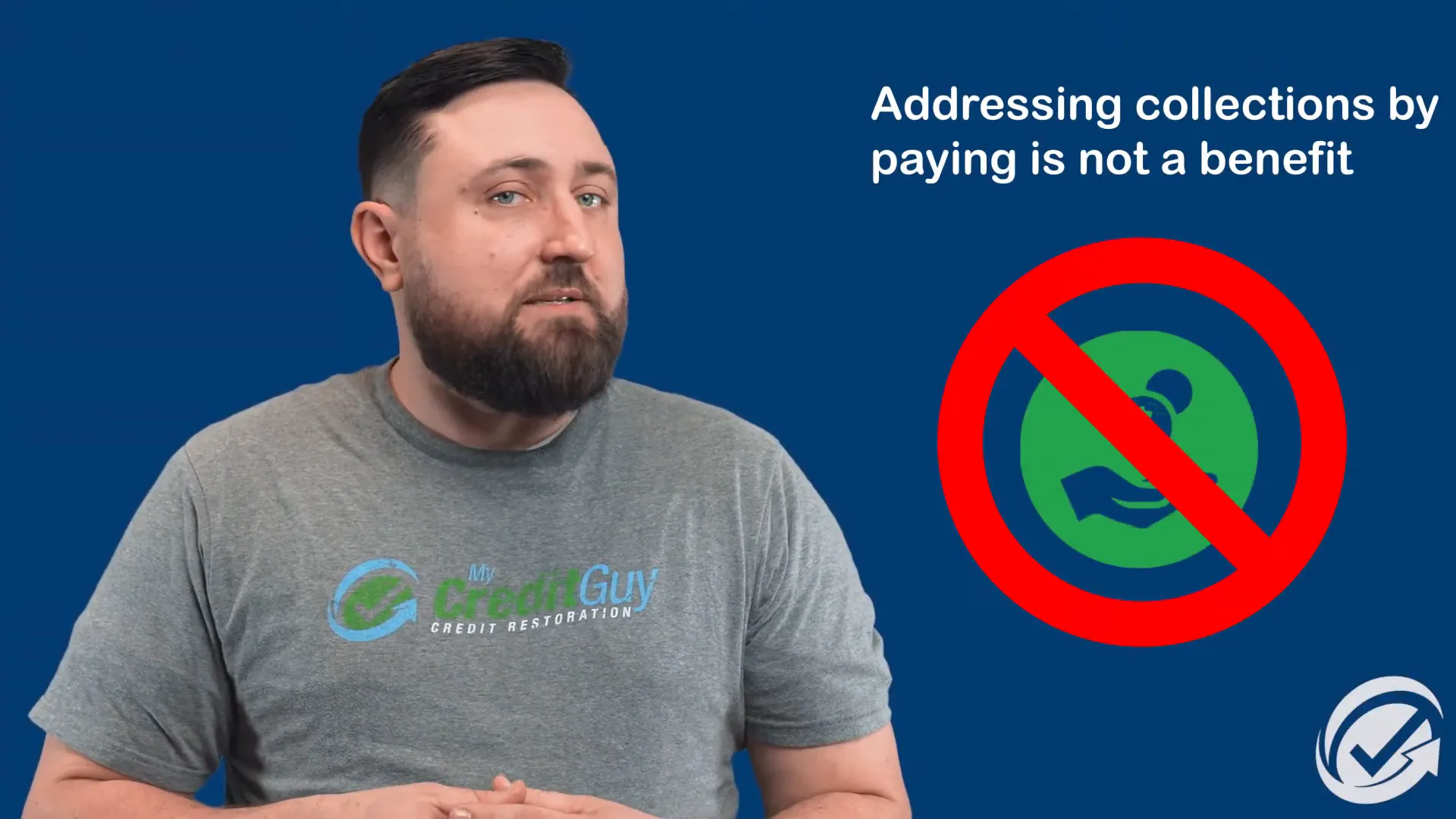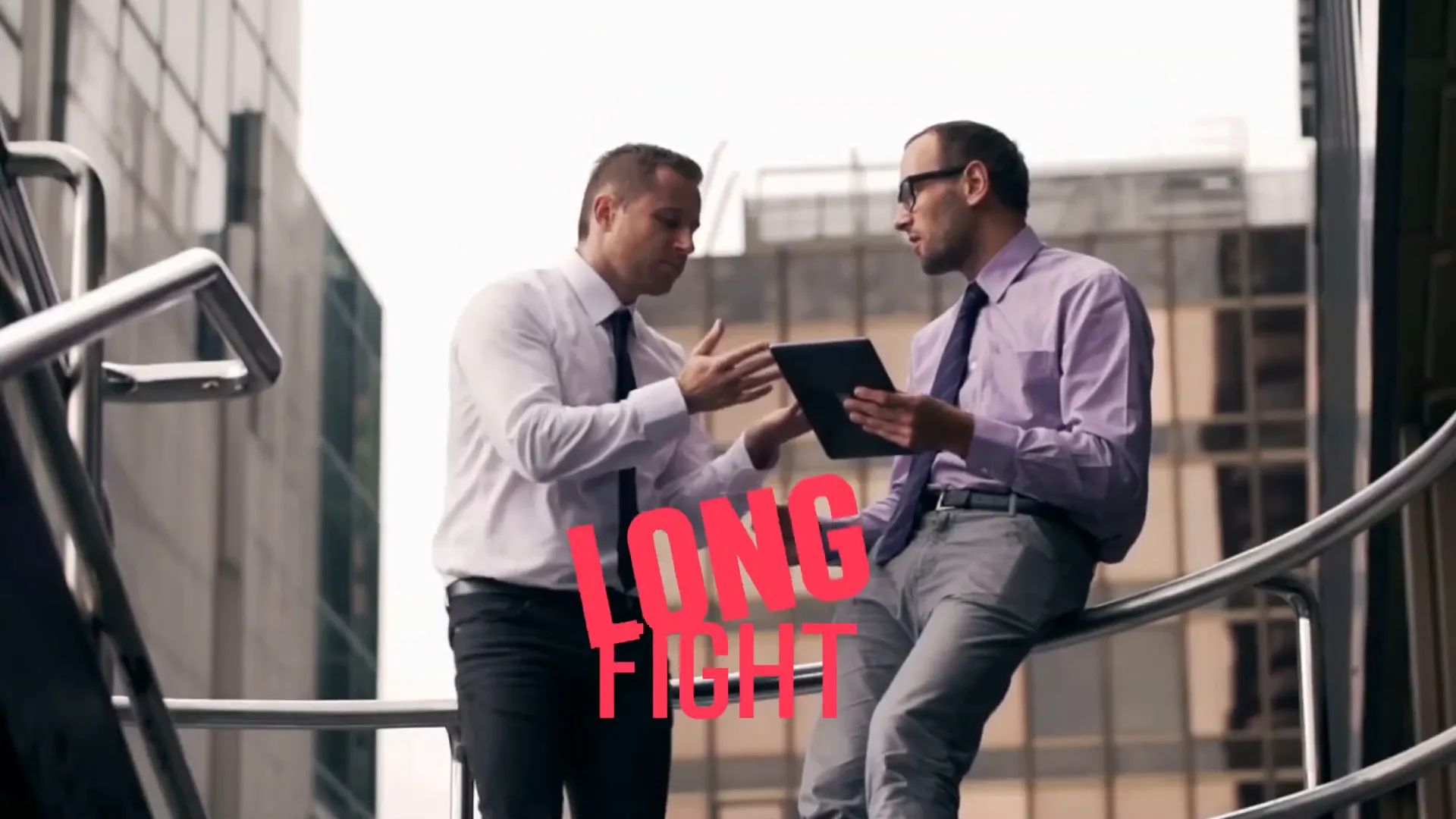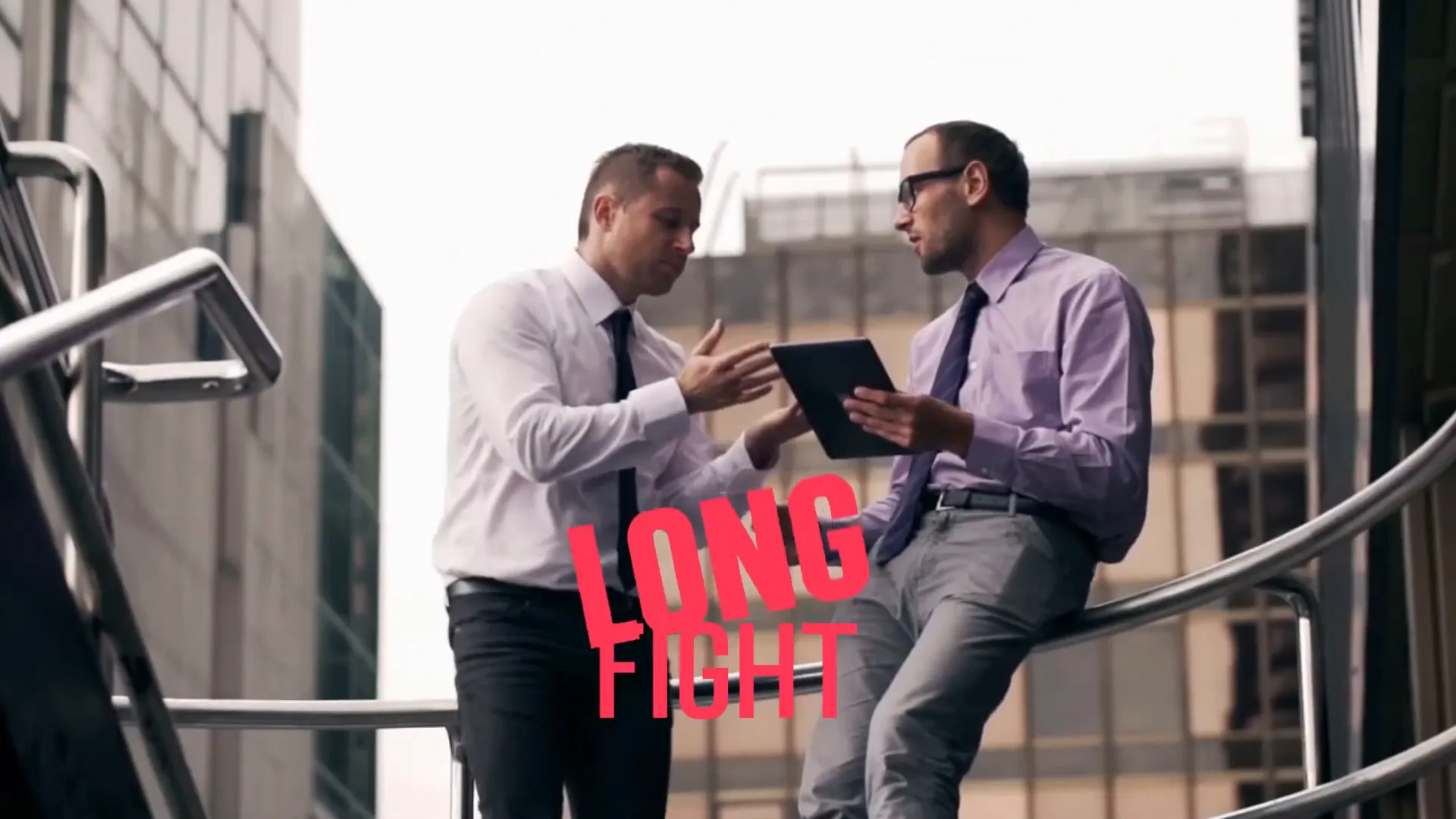
The 6 Most Common Mistakes That VA Homebuyers Make
Template The 6 Most Common Mistakes That First Time VA Homebuyers Make Buying your first home using a VA loan is an exciting milestone, especially
Carlos Scarpero- Mortgage Broker
Guest post by My Credit Guy
One of the most frequent questions I encounter from people trying to improve their credit is: "How should I handle collections?" It’s a critical issue, yet often it is addressed too late or misunderstood entirely. Many believe that paying off collections is the best way to improve their credit score, but this is not always the case. In fact, paying collections can sometimes do more harm than good.
As someone dedicated to helping you navigate credit challenges, I want to clarify why paying off collections might not be the benefit you expect, and why negotiating strategically can be a far more effective approach. This article will walk you through the nuances of collections, how they impact your credit, and what steps you should take to protect and improve your credit health.
It might seem intuitive that paying off a collection would remove it from your credit report or at least improve your credit score. However, the reality is more complicated. When you pay a collection, the credit bureaus update the date of last activity, but the collection account itself remains on your credit report. This means the negative mark doesn’t disappear; it simply shows that the debt was paid.

This update can be counterproductive. Instead of improving your credit, the new date of last activity can reset the clock on how long the collection is counted against your creditworthiness. It remains a red flag for lenders and credit scoring models because it shows a recent activity related to delinquency, even if you’ve settled the debt.
Many people don’t realize this and rush to pay off collections hoping to boost their credit score. Unfortunately, this often leads to frustration because the expected positive impact does not materialize. Sometimes, it might even cause a temporary dip in your score.
If you come to us after already paying off collections without understanding the consequences, there is often a long, challenging battle ahead. Collections can be stubborn marks on your credit, and they don’t just vanish with payment. Removing or correcting collections requires strategic negotiation and sometimes professional intervention.
The frustration stems not only from the persistence of collections on your credit report but also from the emotional and financial burden they impose. Many clients come to us feeling stuck and overwhelmed by the complexity of their credit issues.

When it comes to collections, negotiation is almost always a more effective route than simply paying them off. Negotiating with collection agencies can help you:

Professional credit repair specialists, like us, can take the lead in these negotiations. They have experience dealing with collection agencies and know the legal and procedural nuances that can work in your favor. This approach can save you time, reduce stress, and increase the likelihood of a favorable outcome.
There are certainly aspects of credit repair that you can handle on your own, such as disputing inaccurate information and monitoring your credit reports. However, when it comes to collections, especially those that have already reported negative activity, the process can quickly become complicated.
We always recommend trusting professionals to take the lead in negotiating collections because there’s a lot at stake. Mistakes can cost you more in the long run, and without the right approach, you may inadvertently worsen your credit situation.

Our goal is to work with you to develop a customized strategy that addresses your unique credit challenges. This often involves a combination of self-managed actions and professional negotiation to maximize the positive impact on your credit score.
To make the best decisions about collections, it’s important to understand how they affect your credit. A collection account is a serious derogatory mark that signals to lenders that you have not paid a debt as agreed. This can significantly lower your credit score and remain on your credit report for up to seven years from the date of the original delinquency.
When you pay a collection, the account status updates to "paid," but the negative mark remains. This is different from a collection being removed entirely, which can sometimes be achieved through negotiation or dispute if the account is inaccurate or unverifiable.
Because the collection stays on your report, it continues to affect your creditworthiness and may impact your ability to get new credit, loans, or favorable interest rates.
Here are some key strategies to consider when dealing with collections:

Paying off collections might seem like a straightforward solution to improving your credit, but it’s often not the best path. The date of last activity updates, and the collection remains on your report, which can continue to harm your credit score. Instead, negotiating with collection agencies and working with credit repair professionals offers a more strategic and effective way to manage collections.
By understanding the nuances of how collections impact your credit and taking a thoughtful approach, you can protect your credit health and move closer to your financial goals. Remember, credit repair is a journey, and having the right guidance makes all the difference.
If you’re struggling with collections or want to learn more about how to improve your credit, consider reaching out to professionals who specialize in credit repair. With the right strategy, you can take control of your credit and build a stronger financial future.
No, paying off a collection does not automatically remove it from your credit report. The collection will update to show it has been paid, but it remains visible and can still negatively impact your credit score.
Collections can stay on your credit report for up to seven years from the date of the original delinquency, regardless of whether they are paid or unpaid.
A pay-for-delete agreement is a negotiation where you agree to pay the collection debt in exchange for the collection agency removing the collection account from your credit report. Not all agencies agree to this, but it can be a valuable tool if negotiated properly.
Yes, you can negotiate collections on your own, but it can be challenging without experience. Professional credit repair specialists have the knowledge and leverage to negotiate more effectively and protect your rights.
Not necessarily. While paying off collections can stop further negative reporting, it does not guarantee an immediate improvement in your credit score because the collection remains on your report as a negative mark.

Template The 6 Most Common Mistakes That First Time VA Homebuyers Make Buying your first home using a VA loan is an exciting milestone, especially

500,000 More Home Sellers Than Buyers? Don’t Believe the Hype Table of Contents Key Takeaways Understanding Redfin’s Viral Housing Study Contrasting Data from Realtor.com and

Template Edge Home Finance Is Hiring Loan Officers Table of Contents Key Takeaways Why commission structure matters: keep what you earn True broker relationships, with